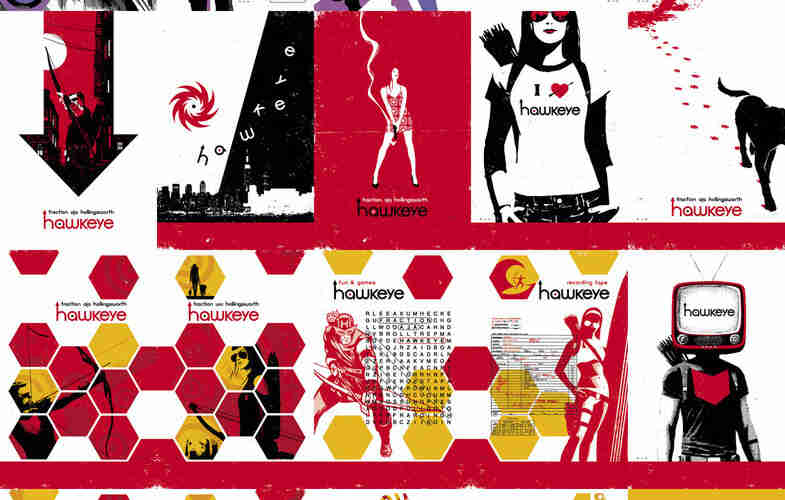


So, I only noticed this bio field existed because someone remarked on its absence, which is a little embarrassing. Anyway, I'm a nerd of many colors - Agile Nerd. Productivity Nerd. RPG Nerd. Bag Nerd. Etc. - an old man, and a dad. Used to be a politics nerd, but there's not much joy in that these days.
Have written some RPG stuff, and I used to blog, but the pandemic killed my soul and it hasn't really grown back.
This profile is from a federated server and may be incomplete. For a complete list of posts, browse on the original instance.